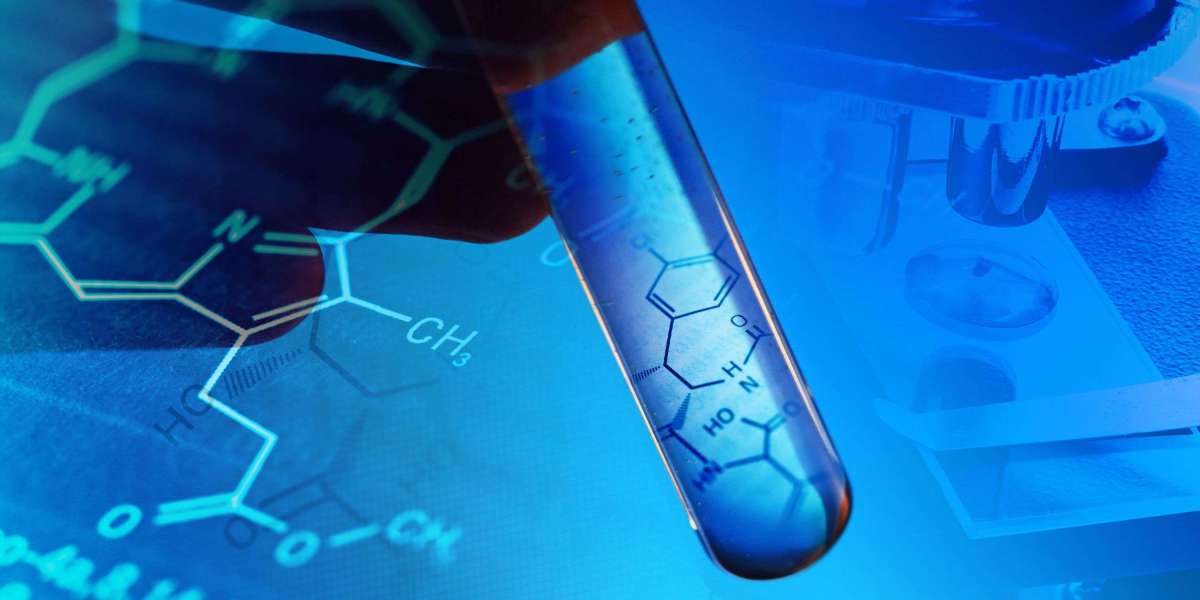Biosimilars: Understanding, Differences from Generics, Approval Process, Safety, and Benefits
Biosimilars have emerged as a crucial player in the pharmaceutical industry, offering cost-effective alternatives to biologic drugs. In this comprehensive guide, we will delve into what biosimilars are, how they differ from generic drugs, the approval process they undergo, their safety and effectiveness, and the numerous benefits they bring to patients and healthcare systems. This article aims to provide a comprehensive understanding of biosimilars for a diverse audience.
What are Biosimilars?
Biosimilars are biologic drugs that are highly similar to an already approved reference biologic product. They are designed to provide the same therapeutic effects and clinical outcomes as the reference product.
Differences Between Biosimilars and Generic Drugs:
· Complexity: Biosimilars are more complex than generic drugs, which are exact copies of their reference chemical drugs. Biosimilars mimic the structure and function of biologic drugs but may have slight differences.
· Approval Pathway: Biosimilars have a distinct regulatory pathway, involving extensive comparability studies, while generic drugs follow a simpler process based on chemical equivalence.
Approval Process for Biosimilars:
· Analytical Comparability: Extensive testing is done to demonstrate the biosimilar's similarity to the reference biologic, including structural and functional characteristics.
· Clinical Trials: Clinical trials are conducted to establish safety, efficacy, and immunogenicity in a representative patient population.
· Regulatory Review: Regulatory agencies, such as the FDA in the US and the EMA in Europe, review all data and grant approval if the biosimilar meets their rigorous standards.
Are Biosimilars Safe and Effective?
Yes, biosimilars are rigorously tested to ensure safety and effectiveness. Regulatory agencies require comprehensive studies to demonstrate their similarity to the reference product. Post-marketing surveillance also helps monitor their real-world safety and efficacy.
Benefits of Using Biosimilars:
· Cost Savings: Biosimilars are typically more affordable than their reference biologics, reducing healthcare costs for patients and systems.
· Increased Access: Lower prices for biosimilars enhance patient access to life-saving treatments.
· Competition: The presence of biosimilars promotes competition, driving down prices for all biologic drugs.
· Innovation: The development of biosimilars encourages innovation in the biopharmaceutical industry.
· Healthcare Sustainability: Biosimilars contribute to the sustainability of healthcare systems by curbing the financial burden of expensive biologics.
Biosimilars are a significant advancement in healthcare, providing cost-effective alternatives to biologic drugs while maintaining safety and efficacy standards. Understanding the differences between biosimilars and generic drugs, their approval process, safety, and the benefits they offer is crucial for patients, healthcare professionals, and policymakers alike.
By exploring the world of biosimilars, we can appreciate their potential to make advanced treatments more accessible and affordable for patients in the US, Europe, and the APAC region.
#Biosimilars #Biologics #Healthcare #Pharmaceuticals #MedicalInnovation #PatientCare







